Sex, politics and religion are three topics people are never supposed to discuss in polite company, but for some members of the Loyola community, they’re a major part of life.
Kayla Noto, biology sophomore and member of the LGBT community of Loyola University New Orleans, was raised in a traditional Catholic household, but said there is tension between her religious upbringing and sexual orientation.
“When I was younger, trying to fit into the Catholic community as well as come into my own as a member of the LGBT community was very difficult and ultimately became impossible,” Noto said. “Not that my sexuality has determined my religion, because it was that along with other things. Believing in a greater plan and being a person for others has essentially shaped who I am, and that very much so fits in with my sexuality, in believing that everyone should be treated with respect and loved in their own way.”
According to a 2013 report from the Pew Research Center, whose primary purpose is to inform the public about the issues and trends that are shaping America and the world, about 50 percent of LGBT Americans have noted their religious affiliation, while the other half has stated that they are not concerned with religion at all.
Kayla Mack, criminal justice sophomore, is a member of that latter half of the LGBT community who does not have a direct tie to religion.
“I’m not really religious. I wouldn’t say something drove me to not be religious, I just don’t believe what other people believe,” Mack said.
The LGBT community has had numerous successes in past years, beginning with the legalization of same-sex marriage on June 25, 2015, which went through heated debates all the way up to the Supreme Court. Still, some religions do not view homosexuality positively.
Brian Davis, business analytics junior and advocate for the LGBT community, has undergone numerous training programs in order to speak to officials and other authority figures about the needs and desires of LGBT people.
“It is very difficult being Baptist and gay,” Davis said. “I face discrimination and stereotypes from both sides of the spectrum. Being Baptist, my homosexuality is deemed as taboo while being black automatically puts me into a frame for only sexual purposes within my own community.”
While Davis said that being religious has its difficulties, he said his sexual orientation has not swayed him from his overall religious affiliation.
“Homosexuality is an abomination in God’s eyes,” Davis said. “I have learned that the church’s beliefs are rooted in bigotry, and the Bible was a book of the ‘times,’ and it should be taken figuratively in its initial text, Hebrew. My sexual affiliation has not affected my religion. It has allowed me to break the taboo culture, though.”
Even though there are members of the Loyola student community who feel very strongly about their sexual orientation and feel that the university is representing them well, Davis believes there is still some work to be done in terms of hiring LGBT faculty members.
“I feel like the campus should be doing more because the LGBT representation is poor amongst the faculty on campus as Loyola is capitalizing on our culturally diverse student population, but they are not representing us,” Davis said.




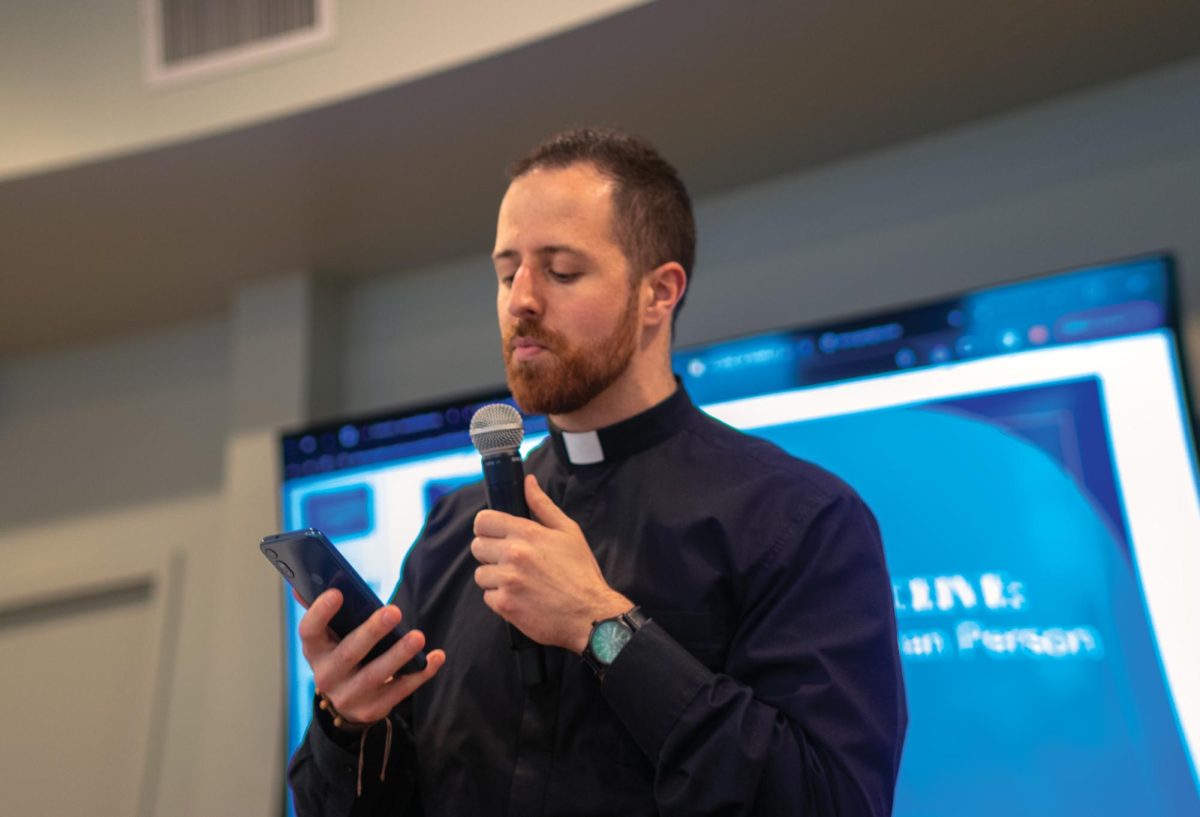
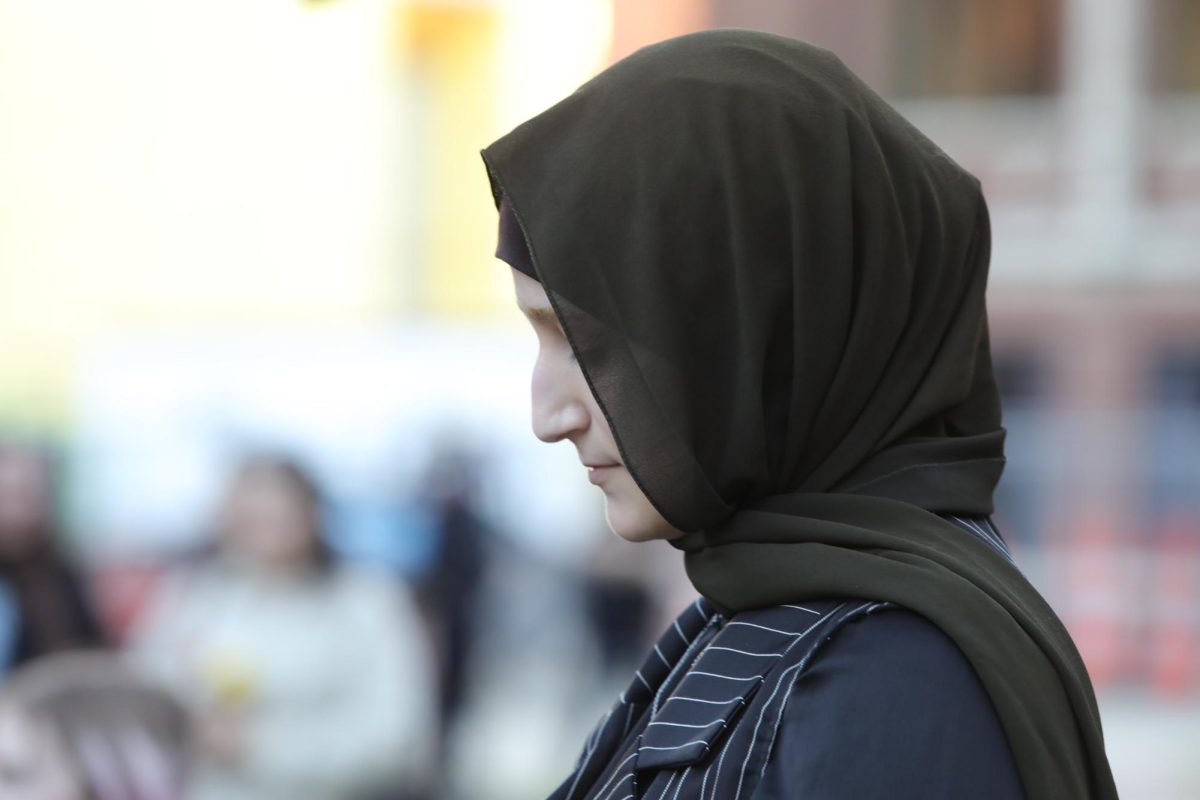
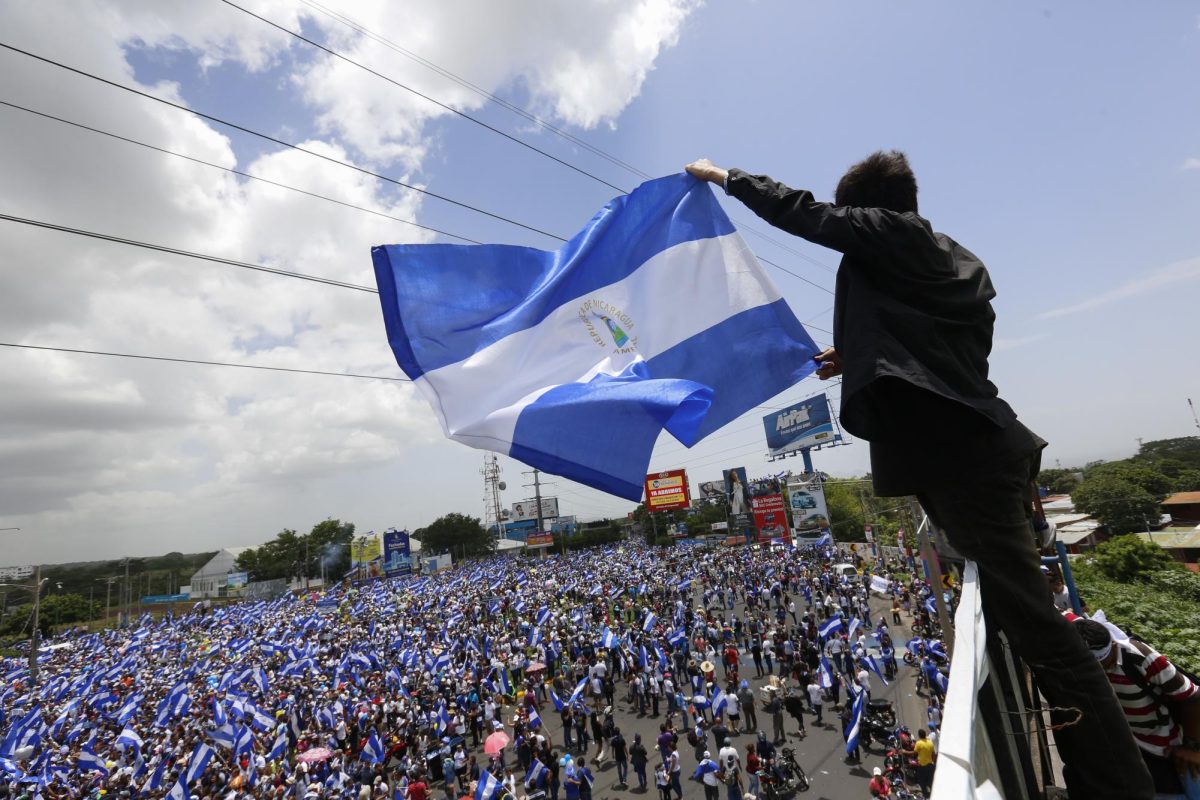
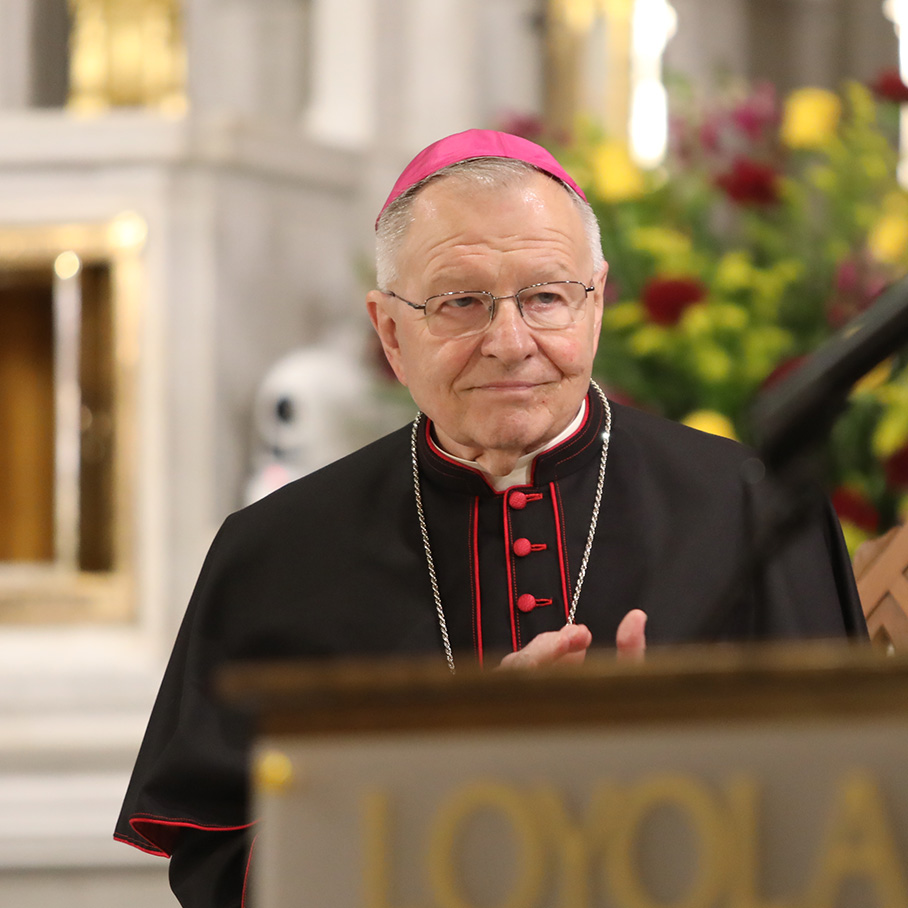
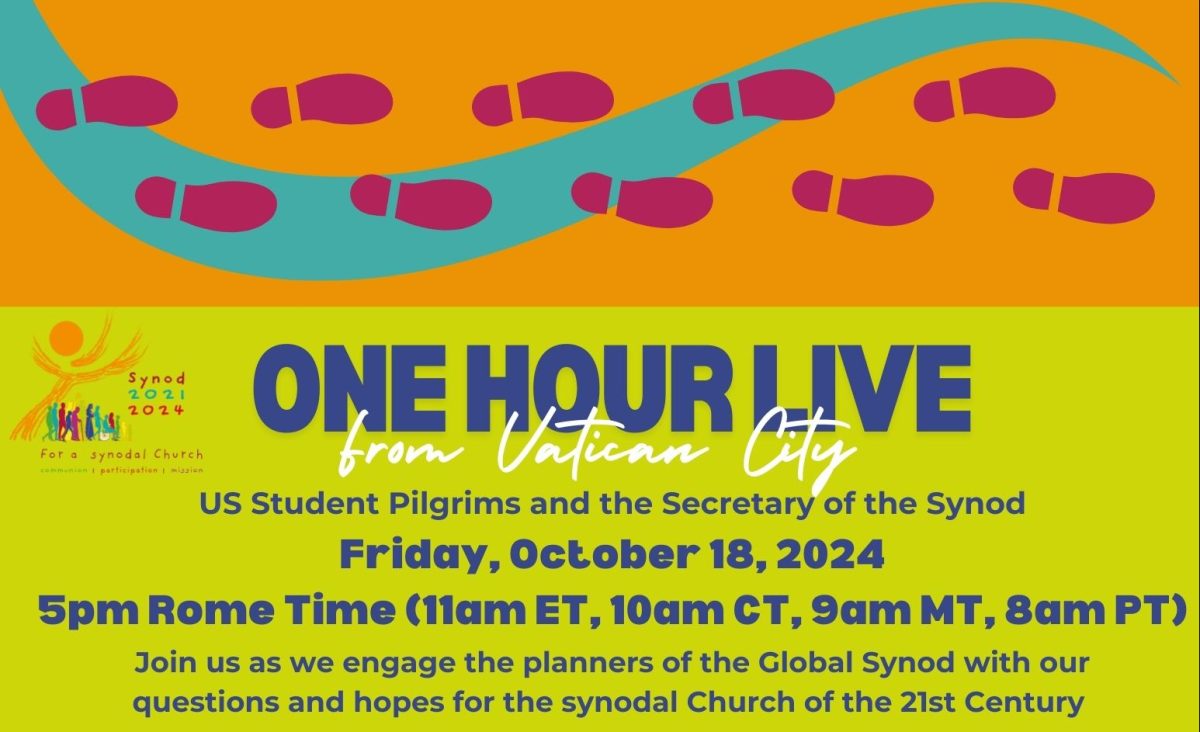

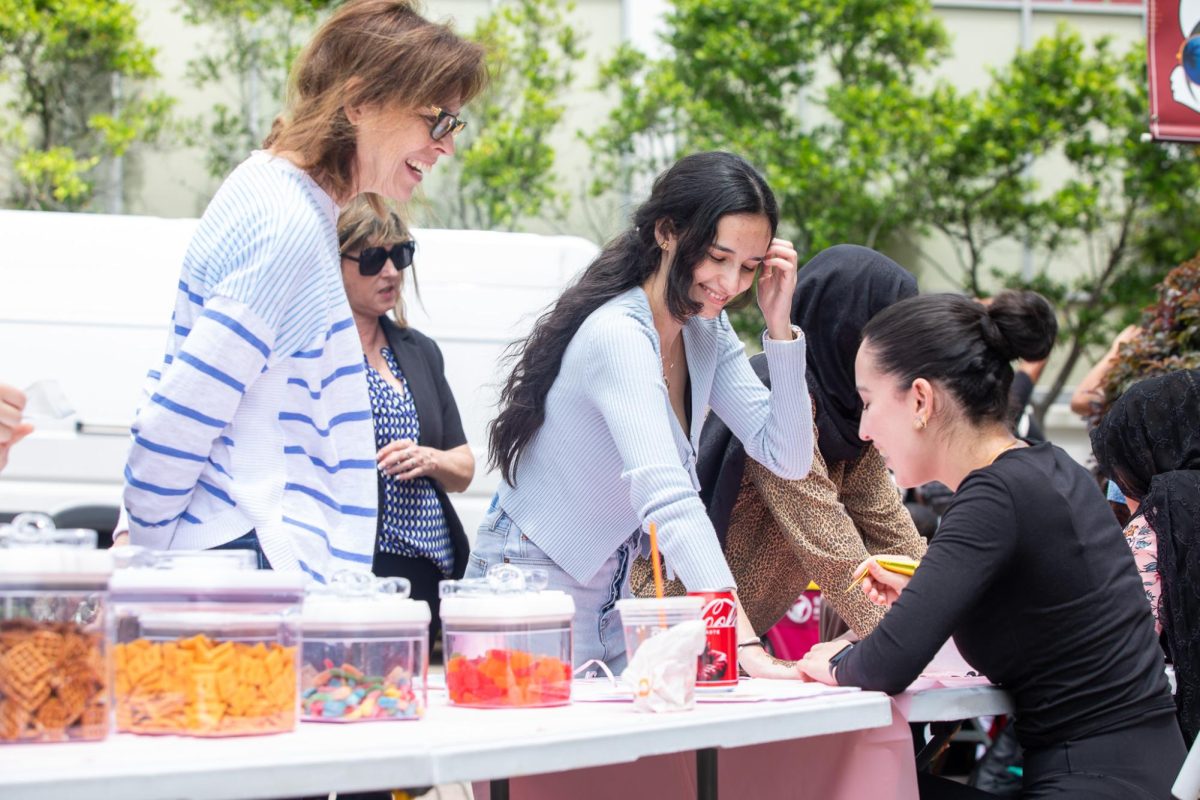
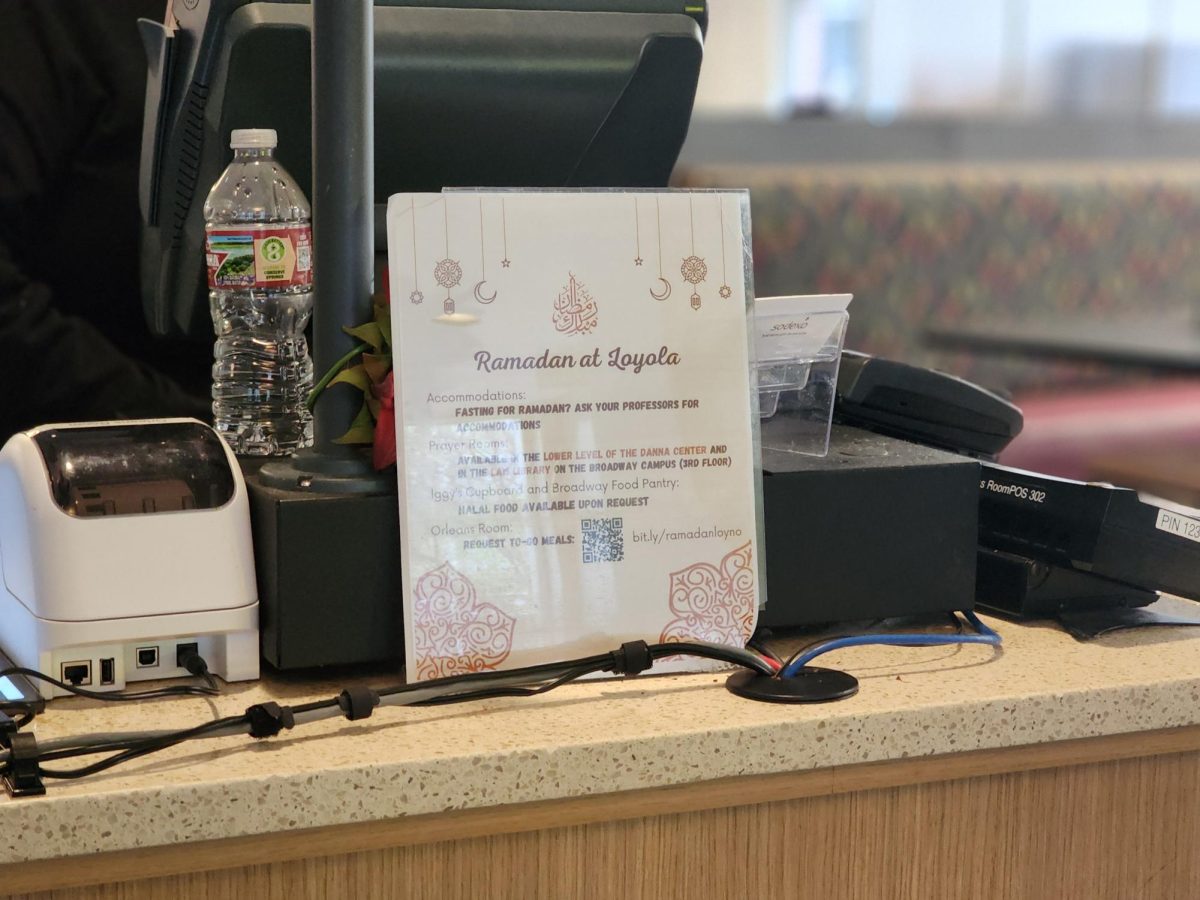
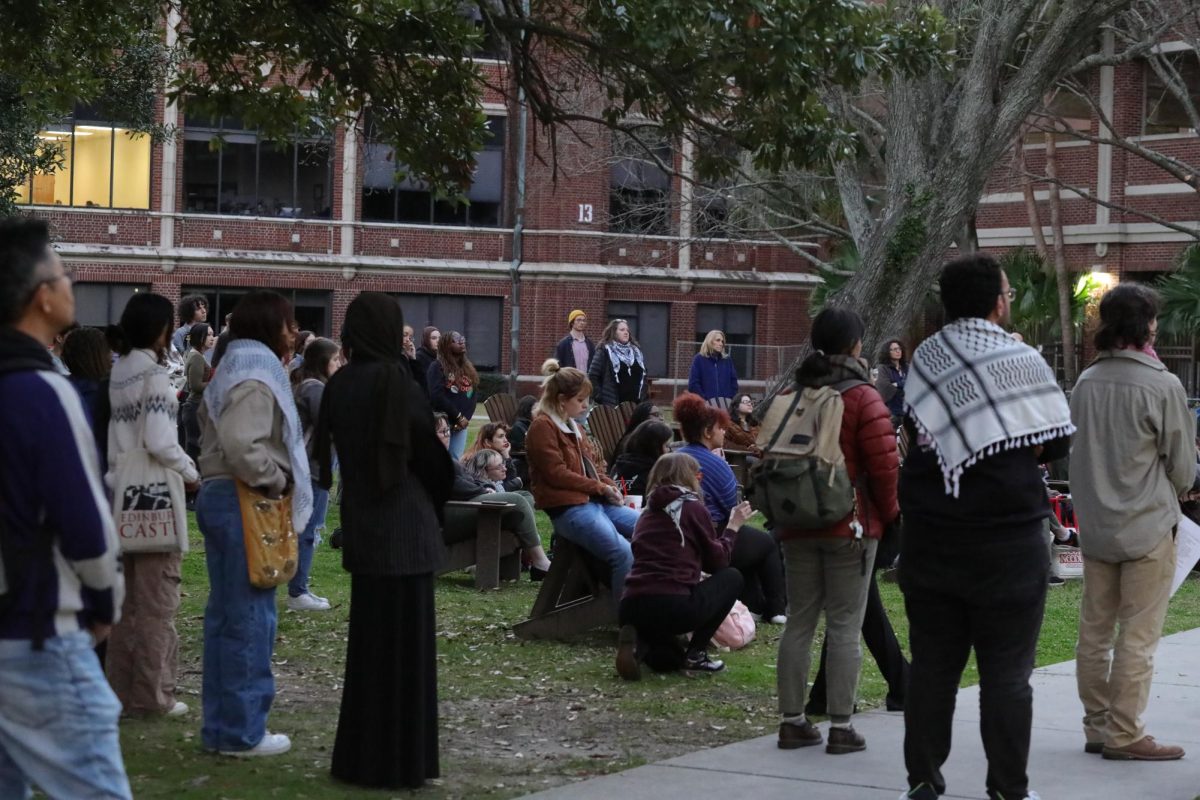
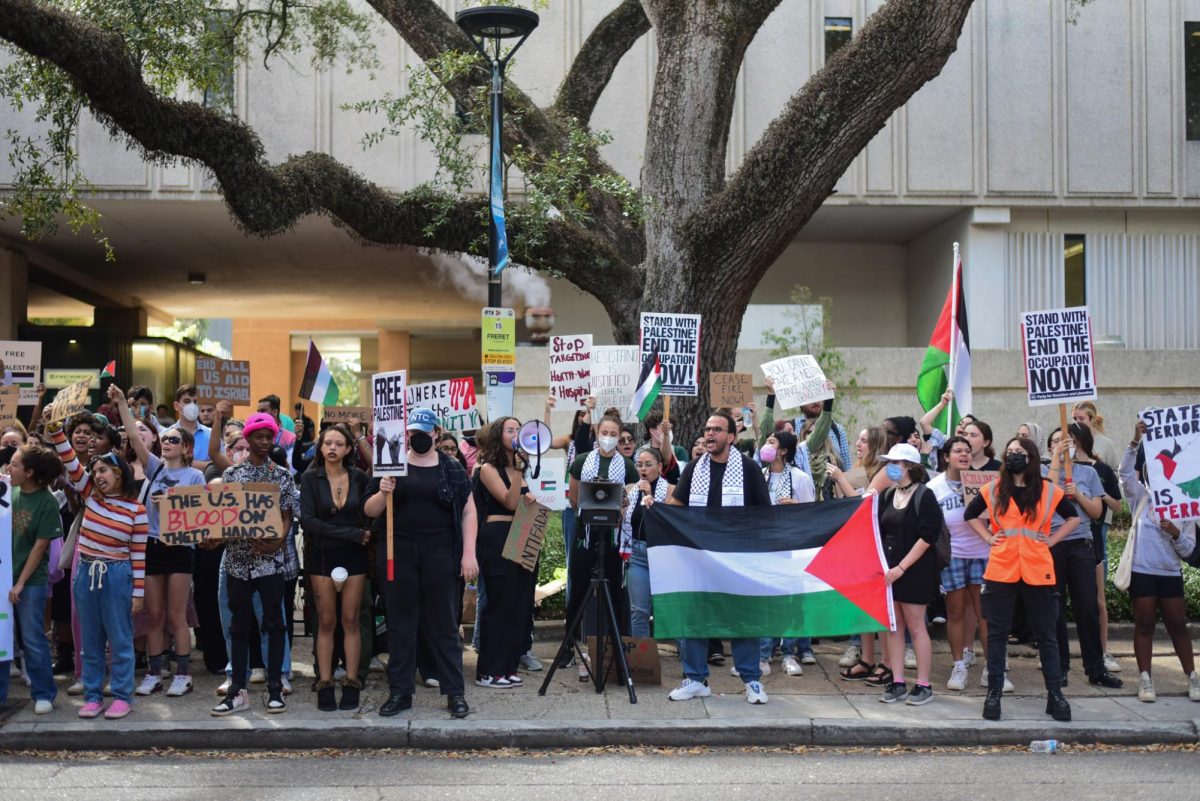
Marsha M. Jobe • Mar 23, 2017 at 5:52 pm
I do believe that true homosexuality is a birth defect.
As is Down Syndrome or or any other disease having to do with too many or too little chromosomes. However, I also believe some choose this way of life ( we can all justify anything in our own mind) because of some traumatic event, our upbringing, or environment’ or it’s more comfortable than relating to the opposite sex. It’s just a feeling of being More secure with the same sex in all ways not just sexually. We can’t help who we are born to but our greatest gift from God , above all His gifts to us , is our free will.